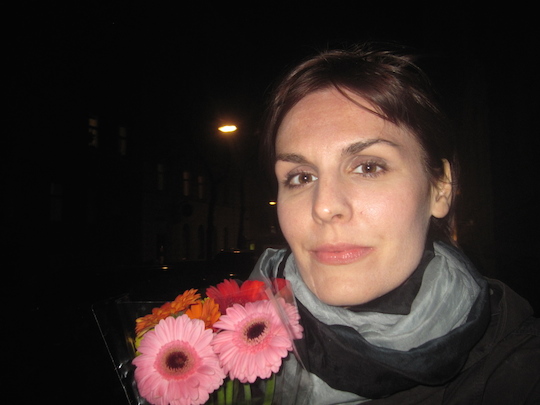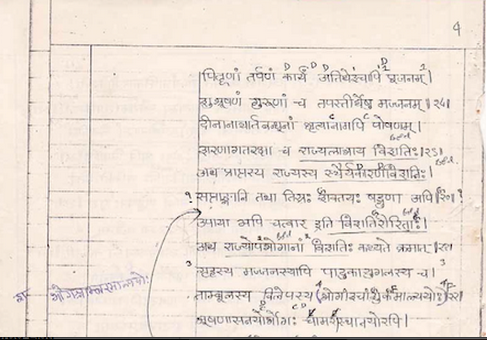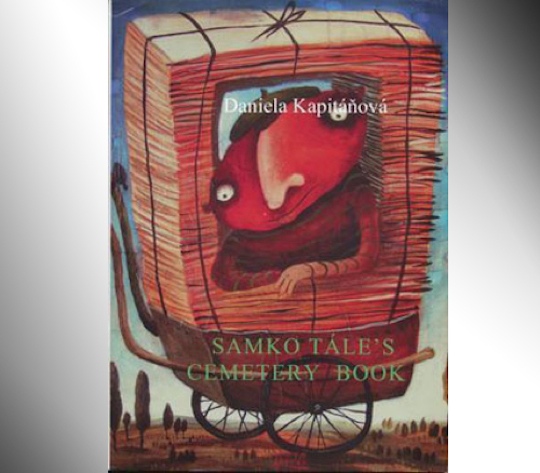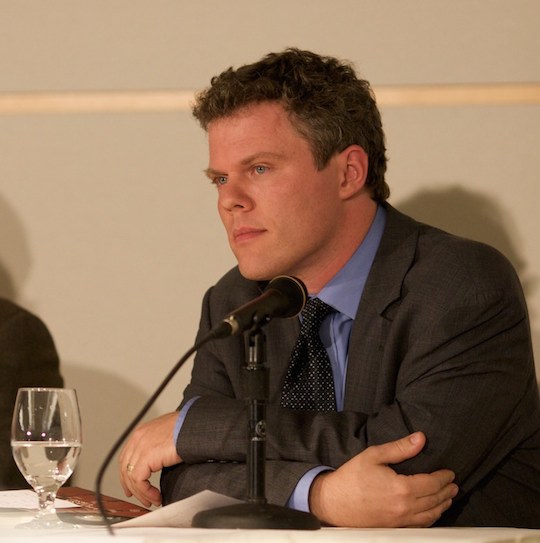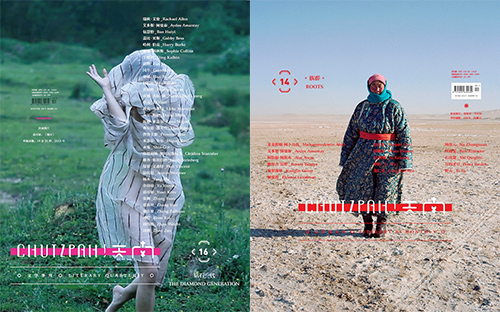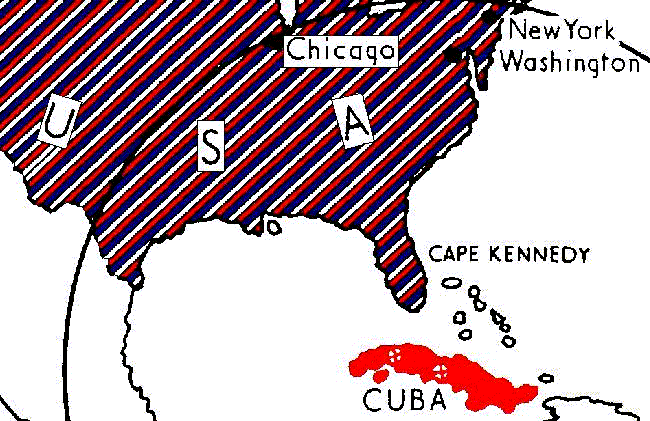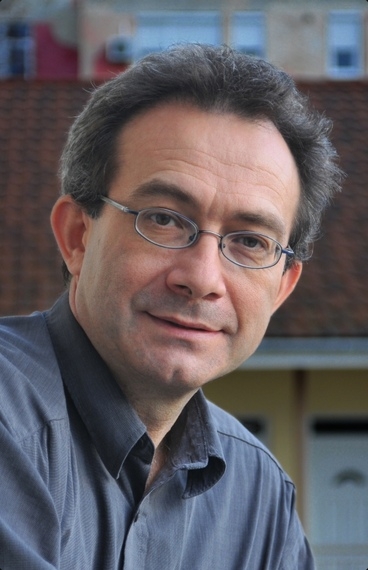A few weeks ago, I sat down to write up a few thoughts I had been having regarding a twelfth century South Indian encyclopedia called the Mānasollāsa. I’ve been reading from this encyclopedia with much guidance from Dr. M.A. Jayashree, who is currently leading up a massive translation and critical edition project. The encyclopedia itself is massive: much of its scholarship gives up halfway, and the translation project still has a long, long way to go.
Somewhere in the translation process, I picked up the rhythms and cadences of king Someśvara III. What was initially supposed to be a short blog post morphed into a bizarre trip down many (partially fictitious) orientalist caverns, eventually reemerging somewhere in what is now known as Karnataka. The editors at Asymptote followed me down the rabbit hole, offering guidance along the way, and together we decided to split up the piece into a series of more digestible fragments. Hang in there! I hope you all stick along for the ride.
READ MORE…

